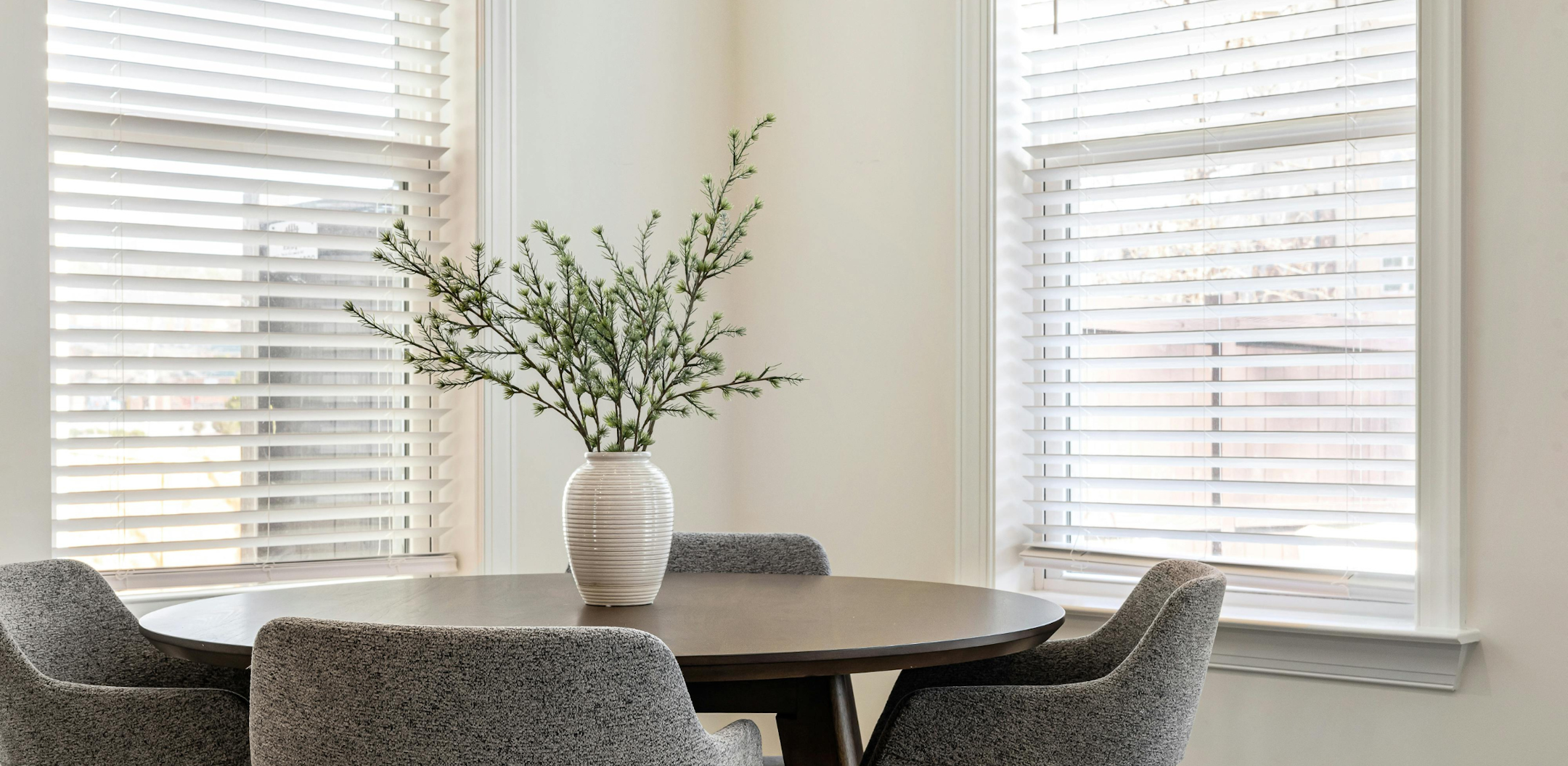In early June 2024, the Government published its plan to uplift minimum standards to achieve improved energy efficiency in rental properties and rooming houses.
Property ManagementNew Minimum Standards Proposed for Rental Properties
Next ArticleNew Minimum Standards Proposed for Rental Properties

Improved Energy Efficiency a Clear Focus
02 July 2024
On 3 June 2024, Minister for Consumer Affairs Gabrielle Williams and Minister for Energy and Resources Lily D’Ambrosio launched the consultation process for proposed new minimum rental standards which includes requirements for ceiling insulation, draughtproofing, hot water efficiency and cooling.
There are currently 14 categories of minimum standards for rental properties that all rental providers must ensure they meet on or before the day a renter moves in. Details of current minimum standard can be found here.
The Real Estate Institute of Victoria (REIV) has welcomed the ambition to improve the energy efficiency of Victorian homes to reduce carbon emissions but says that the delivery of new requirements must avoid placing further financial strain on rental providers, many of whom are ‘mum and dad’ investors already facing tough operating conditions.
With expectations around energy efficiency changing in the residential sales market, it’s only natural that the rental market will follow suit. In the 2023 Federal Budget it was announced that NatHERS ratings would be introduced on existing homes in addition to new homes and large extensions as of 2025.
In line with the Victorian Government’s commitments under the Gas Substitution Roadmap Update and the transition towards net zero emissions by 2045, additional minimum standards for rental properties and rooming houses relating to energy efficiency are proposed to ensure that renters and rooming house residents are provided with comfortable and energy efficient living arrangements.
The proposed Regulations will prescribe minimum standards for ceiling insulation, draughtproofing, hot water systems, cooling and the uplift of current standards for heating and shower roses in rental properties; and a new safety standard for blind cord anchors to apply to all rental properties.
The proposed Regulations are expected to be made in October 2024. To allow sufficient time for compliance, a staged commencement of each standard is proposed. Compliance with the standards will be triggered differently for each standard, commencing from a date 12 months after the proposed Regulations are made.
The proposed Regulations also provide a range of exemptions in relation to each standard recognising practical difficulties that may arise for some rental providers in meeting the proposed standards, such as conflicting owners corporation rules or where an appliance is being replaced under a manufacturer, supplier, or installer warranty.
Energy efficiency is becoming a focus across the board. Incentives, discounts and loans are available for energy efficient upgrades through the Victorian Energy Upgrades (VEU) program, including replacing a gas heater with a reverse cycle air conditioner or switching a gas hot water heater with a heat pump. VEU offers home energy rating assessments for targeted recommendations on improving energy efficiency.
Solar for rentals offers eligible landlords a rebate of up to $1,400 for the installation of solar panels (PV), slashing the upfront costs of solar while raising the value and appeal of their property. Eligible rental providers can apply for an interest-free loan of up to $1,400 to further reduce the upfront cost of the solar panel system.
Global evidence shows energy efficiency upgrades raise property values and premiums when leased and new energy efficiency standards are not expected to impact rental supply.



